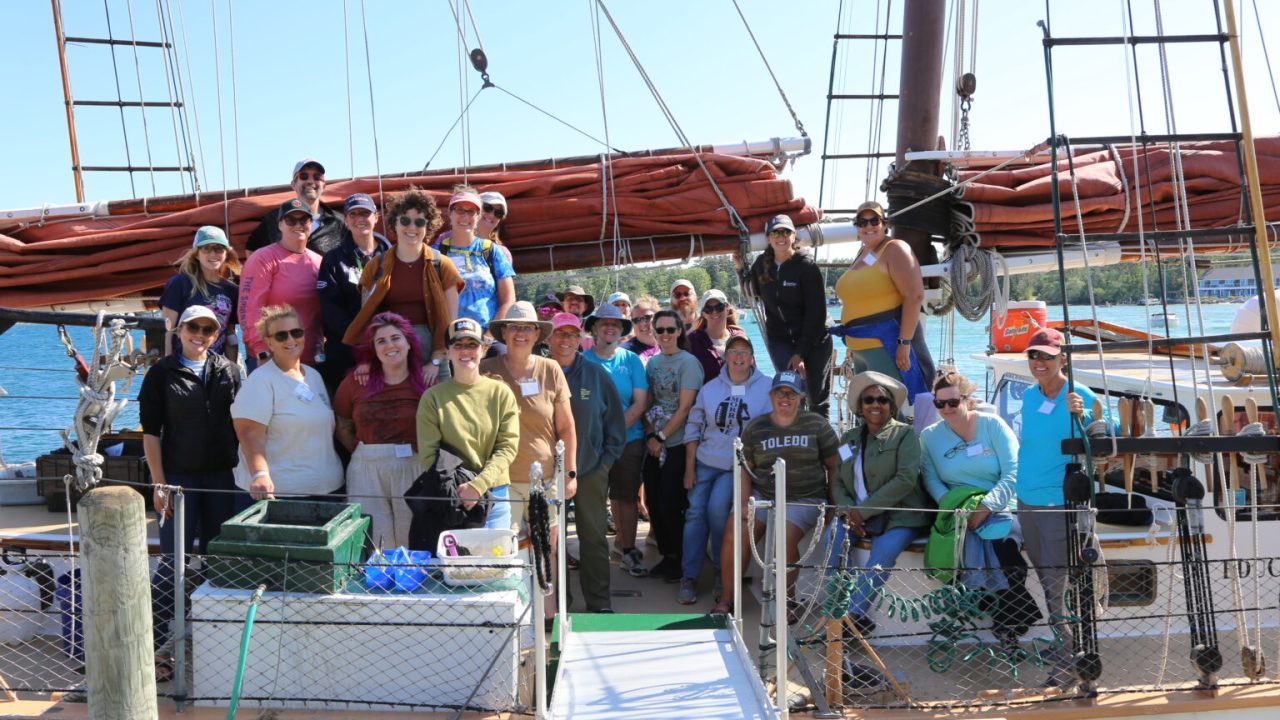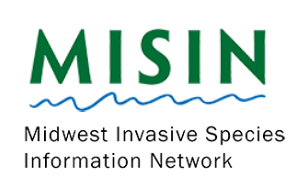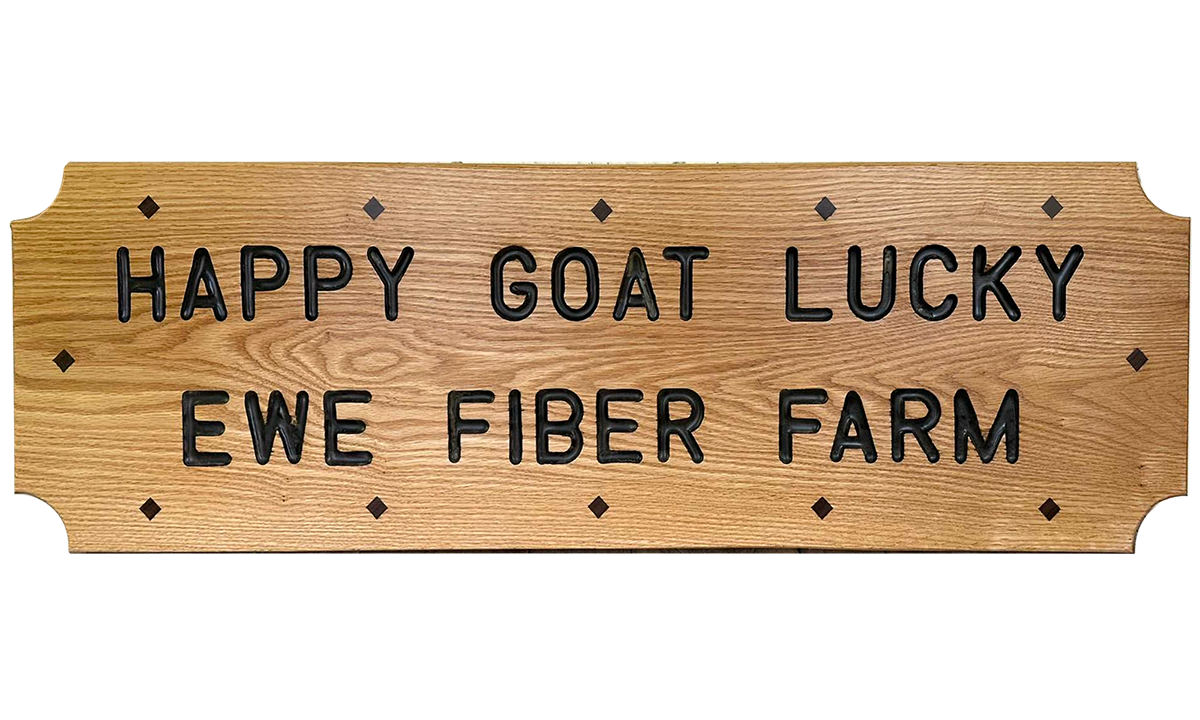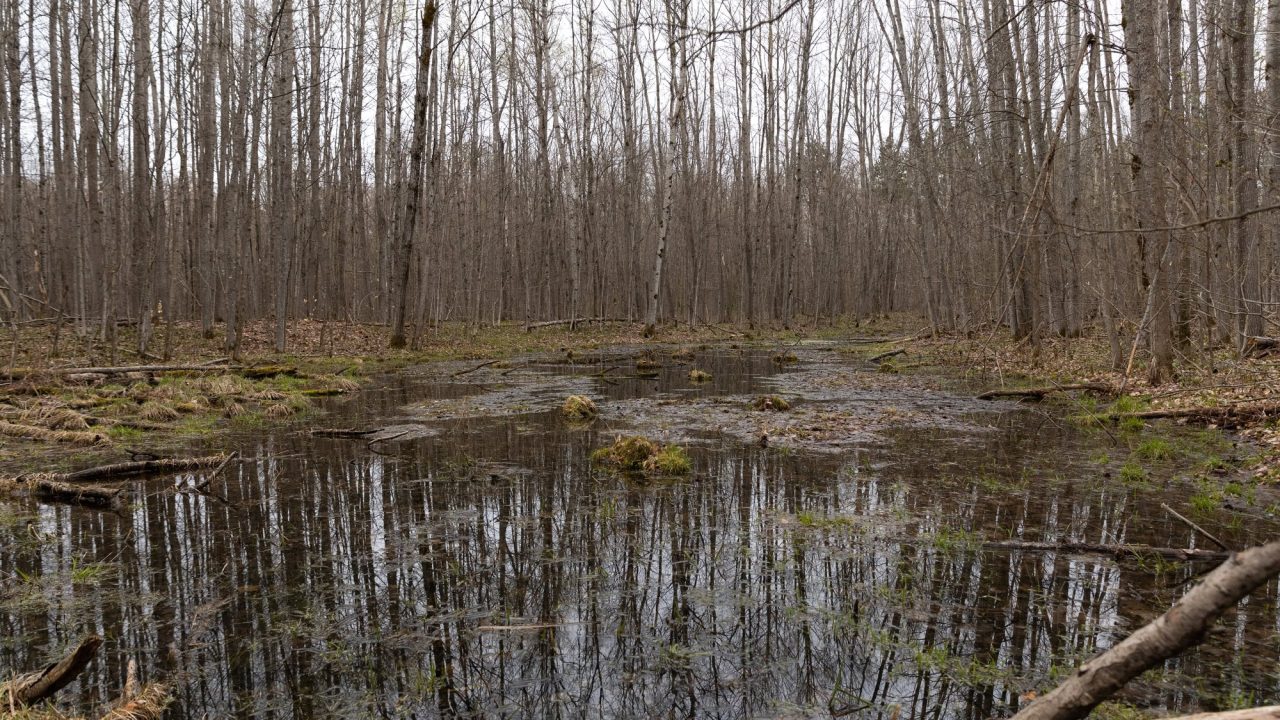There are approximately 64 aquatic invasive species threatening the Great Lakes. We can do our part to prevent the spread of AIS by cleaning our boats and outdoor gear, preventing the release of pets and aquarium plants into the wild, and reporting sightings of AIS to the proper authorities.

Learn how to engage students in local environmental issues, investigate solutions, devise a plan, and take action. The Great Lakes Watershed Field Course (GLWFC) is a 4-day professional...

Ohio’s AOC Program is proud to host the 2025 Great Lakes AOC Conference, in partnership with U.S. EPA, in the Maumee AOC. As one of...

The Midwest Invasive Species Information Network (MISIN) is a regional data aggregation effort to develop and provide an early detection and response (EDR) resource for invasive species in the Midwest region of the United States.
This effort is led by researchers with the Michigan State University Department of Entomology Laboratory for Applied Spatial Ecology and Technical Services in conjunction with a growing consortium of supporting partners.
The goal of this regional resource is to assist both experts and citizen scientists in the detection and identification of invasive species. Data collected will allow for the development and implementation of effective control strategies in the region.

Established in 1987, as a hobby farm, supplies the wool for many of the products sold by Michigan Merinos. We are MAEAP-certified, and committed to creating our fine Merino wool using environmentally safe and climate-conscious practices.

Vernal pools are temporary wetlands that form in forests each spring and serve as vital habitats for amphibians, insects, and other wildlife. These small, seasonal ecosystems are crucial breeding grounds […]

Michigan is the only U.S. state without a statewide septic code. With nearly 1.5 million homes relying on septic systems, poor maintenance and outdated regulations pose serious environmental and public […]
The decisions we make in our homes can affect our water resources. Learn tips to minimize your impact on Michigan’s waterways by making small changes in the appliances you use, how you store and dispose of chemicals, how you do your laundry, and more!
Yard care is a huge responsibility, especially when you consider how your choices impact local waterways. By selecting greener options for landscaping, maintenance of your septic system, application of lawn chemicals, and other yardwork, you can better protect your water resources.
Enjoying Michigan’s wide variety of recreational opportunities in the outdoors brings added responsibilities to protect our natural resources. Learn how to minimize plastic pollution in our waterways, prevent the spread of aquatic invasive species, and other tips to keep our shared outdoor spaces healthy and clean!
